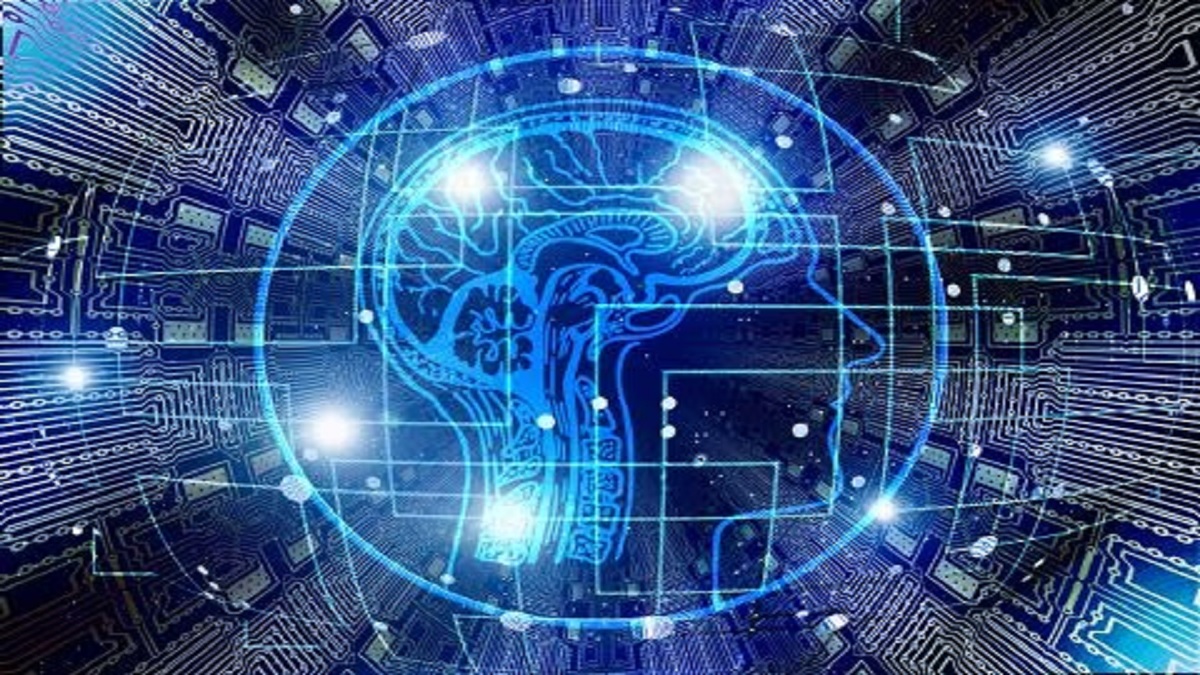- By Rajesh Upadhyay
- Mon, 19 Jun 2023 06:48 PM (IST)
- Source:JND
AI possesses the remarkable ability to function as a magical pen for humans, capable of seamlessly blending concepts with factual data to deliver the desired information. However, when combined with misguided intentions, AI has the capacity to inflict considerable damage by disrupting well-established workflows and processes. This aspect holds significant importance for both the government and society.
Geoffrey Hinton, former vice president of Google who is regarded as the father of AI, believes that AI systems are not only as powerful as the human brain but, but in many ways more powerful than it. With their enhanced learning capabilities, AI systems can even outpace humans. Sam Altman, founder of ChatGPT, seems to agree. Altman has urged the US Senate to establish a new agency tasked with granting licenses to AI companies. Altman said that there is a need to create a system that can recognise the risks associated with AI, as failure to do so may lead to significant geopolitical challenges.
There's no doubt that AI continues to enhance our daily lives, whether it's the mapping system, improved search engine results, or curated playlists on music Apps. Since the arrival of ChatGPT, the term 'AI' has become an universal topic of discussion, from Parliament to the streets. However, the discussions are often focussed on its negative aspects. While not all concerns are unfounded, certain valid apprehensions arise. The creation of fake videos, photos, and voices utilising AI has become increasingly prevalent. Instances of AI-generated legal notices and research papers have also emerged recently. AI is also being misused to spread fake news, create malicious content or impersonate individuals.
Consequently, it is imperative to establish a legal framework to regulate Generative AI. Taking proactive steps in this direction alongside member nations of GPAI (Global Partnership on Artificial Intelligence), the Government of India has stressed on the importance of balancing innovation in AI with the preservation of privacy and security. To make AI positive and productive, an ethical framework has to be followed. Moreover, there should be a well-defined protocol outlining permissible and prohibited actions. The lawmakers from the European Union have reached a consensus on amendments to draft AI regulations, which notably include a ban on ChatGPT's use of biometric data. Similarly, Japan has expressed intentions to regulate the commercial applications of AI.
In his book 'Artificial Intelligence: A Modern Approach', Stuart Russell, professor of Computer Science at the University of California, has expressed concerns regarding the security of Large Language Models (LLMs). During our work with various AI tools, the Jagran New Media Newsroom has made noteworthy discoveries. Firstly, we have observed that this model is effective in summarising news in English and composing posts for online media. Secondly, it showcases the ability to perform simultaneous translation and generate content in multiple languages, including Hindi. However, it falls short on maintaining quality and factual accuracy. Thirdly, the data is likely to be biased due to inadequate labeling. In order to address these limitations, endeavors are underway to educate the large language model in collaboration with the world's prominent media organisations.
The biggest challenge with AI right now is the use of data. Vast amount of personal data is gathered to train models. However, there's is no legal basis for doing so. Individuals from whom the data is collected are not provided with relevant information, potentially constituting a breach of privacy.
If used properly, AI can enhance the efficiency of existing newsroom staff. They can present better research and data in limited time. Information can be presented with different perspectives, which will directly benefit the readers. The notion that AI will lead to loss of jobs is baseless at the moment. Instead, when used judiciously, it can make our work more effective and creative.
(Rajesh Upadhyay is the Editor-in-Chief of Jagran New Media.)

